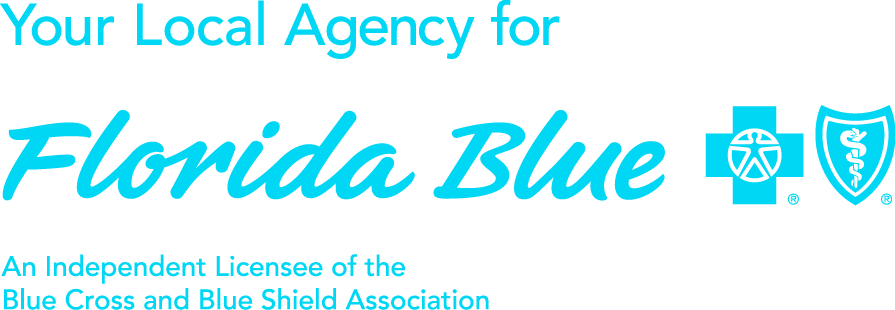Critical Illness Insurance 101
What is Critical Illness Insurance?
It helps fill the gap between normal health insurance and having to tap into your savings in the event of a major illness or condition. The qualifying illness triggers the policy’s benefit. Critical Illness Insurance pays the insured directly a lump sum cash amount upon the diagnosis of a qualifying serious illness, or occurrence.
What does it cover?
Cancer, Heart Attack, Stroke, End Stage Renal Disease, Amyotrophic Lateral Sclerosis (Lou Gehrig’s Disease), Quadriplegia, Major Organ Transplant Surgery, Coronary Artery Bypass Surgery, Balloon Angioplasty, Stent, Laser Relief Obstruction Procedure, or Carcinoma in Situ.
Depending on the carrier and illness you can expect payment up to 100% of the face value of the policy.
How can I use Critical Illness Benefits?
- To pay for critical medical services that might otherwise be unavailable.
- To pay for treatments not covered by a traditional policy.
- To pay for daily living expenses, enabling the critically ill to focus their time and energy on getting well instead of working to pay their bills.
- Transportation expenses, such as getting to and from treatment centers, retrofitting vehicles to carry scooters or wheelchairs, and installing lifts in homes for critically ill patients who can no longer navigate staircases.
- Terminally ill patients, or those simply in need of a restful place to recuperate, can use the funds to take a vacation with friends or family.
What are the factors that decide premium?
- Amount
- Time duration of coverage requested
- Sex
- Age
- Medical Information Bureau Report
- Family medical history
Key Takeaways
- Critical illness insurance provides additional coverage for medical emergencies like heart attacks, strokes, or cancer.
- Because these emergencies or illnesses often incur greater-than-average medical costs, these policies pay out cash to help cover those overruns where traditional health insurance may fall short.
- These policies come at a low cost.
- They only cover a limited number of illnesses or emergencies.
‹ Back






